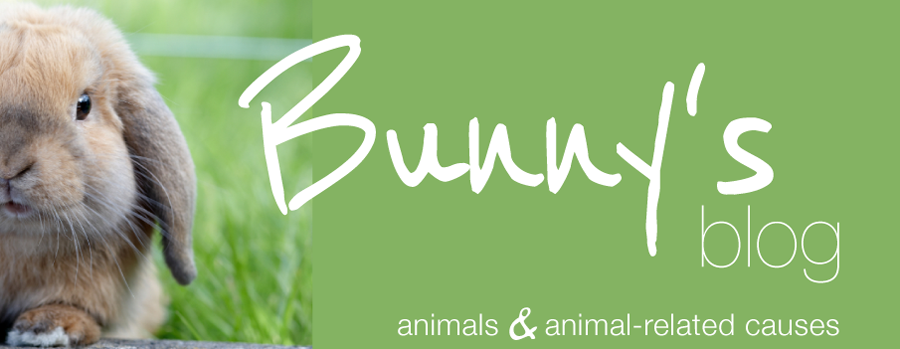American Humane Association's Animal Welfare Research Institute recently released the results of the first phase of a three-part study to better understand pet ownership and retention and discover the most effective strategies to ensure animals find their forever homes. Phase I of the "Keeping Pets (Dogs and Cats) in Homes Retention Study" examines why so many American households don't have a furry friend at home.
Research indicates that of the 117.5 million households in the U.S., only 46.3 million have a dog in their family and only 38.9 million own a cat. Understanding the reasons why people choose to own a pet is the first step towards developing effective strategies to increase pet ownership and reduce the alarming number of homeless pets and resulting euthanasia rates.
In the first phase, "Reasons for Not Owning a Dog or Cat," American Humane Association interviewed 1,500 previous pet owners and non-pet owners to determine the reasons behind their pet ownership decisions. Respondents who had owned a cat or dog in the past provided insights about their previous experience with pets; how they obtained them and what happened to those companions.
The study found that there are multiple major barriers to pet ownership including the associated costs, perceived lack of time to care for an animal, outright dislike of companion animals (especially cats), and lasting grief over the loss of a previous pet. Overall, almost half of respondents who have never owned a pet as an adult had a dog or cat as a child.
Some of the data was disheartening but pointed the way to future improvements and interventions. Despite massive public education campaigns encouraging people to adopt from shelters, less than one quarter of previous dog owners and one fifth of cat owners obtained their prior pet from a shelter. Fortunately, 64 percent of prospective dog owners and 56 percent of prospective cat owners indicated they would adopt from a shelter or rescue organization.
And in spite of the widely discussed physical and emotional benefits of pet ownership for older people, seniors citizens were among the least likely to consider a pet. Among those 65 or older nearly six in 10 previous dog owners and 66 percent of previous cat owners would not consider another pet. Among those who had never owned an animal, the figures were even bleaker: An overwhelming 90 percent of seniors said they would not consider getting a dog. Ninety-four percent are not open to owning a cat.
The findings suggest that some of the more promising avenues warranting additional work include supporting future cat owners and continuing to assess negative attitudes toward cats, identifying methods to help people work through grief and reenter the ownership pool, understanding that more future owners may be adopting pets from shelters and offering support at this point of acquisition, and working with broad and diverse segments of society to reduce existing barriers to ownership.
"There are still significant hurdles to overcome in helping to keep more of these healthy, adoptable animals out of the nation's shelters," said Dr. Patricia Olson, chief veterinary advisor for American Humane Association and head of its Animal Welfare Research Institute. "Using the data gathered and the work to be done in future phases of this study, we hope over time to decrease pet homelessness and relinquishment."
The complete study can be found at: http://www.americanhumane.org/aha-petsmart-retention-study-phase-1.pdf


I think it is great to encourage people to find the joy of pet ownership. But we have to be very careful. If someone doesn't want a pet, they shouldn't be pressured into it no matter what their reasons are.
ReplyDeleteI don't the the purpose of the study is to pressure people who don't want a pet into getting one, but to find barriers to ownership and help remove them for people who do want a pet.
DeleteI can't ever imagine not owning a pet. Love my canines!
ReplyDeleteThe part about cats being perceived negatively really makes me sad. I have 2 cats and 2 dogs. I love both species but for different reasons. Maybe we could just lock those cat-hatin' people in a room for a day and show them a never-ending stream of adorable cat videos. ;-)
ReplyDeletePersonally, I could not imagine my life without having a pet. They give everyone the unconditional love, devotiona and appreciation we all need to thrive. But I also think there is something critically important "missing" in those who hate animals, perhaps it is empathy. So my dearest human friends are all animal lovers, and almost all have a pet/s. What I was surprised to read here was the number of seniors who do not have or want to have a pet. Because pets offer so much benefit to seniors including love & companionship that so many older folks need, plus an extra reason to get up, helping them cope with stress, to stay healthy, happy, and even live longer. Hopefully, more people will one day try fostering, to find out if they are worthy of a pet!
ReplyDeleteI wonder if some seniors say they don't want to have another pet because they're afraid that they won't be around for the entire lifespan of the animal, and they're concerned about what will happen to it after they're gone.
DeleteI couldn't imagine life without my dogs. However, I do understand the grief over loss of a previous pet and not just from my own personal experiences. I volunteer as a guide dog puppy raiser and also help to recruit new puppy raisers for our school. Probably the #1 reason people (who I know are pet lovers) do not want to raise puppies is because they feel they couldn't give the puppies back after 18 months because they would be too sad from the loss.
ReplyDeleteI'm interested to see phase II and III of this report. Thanks for sharing!